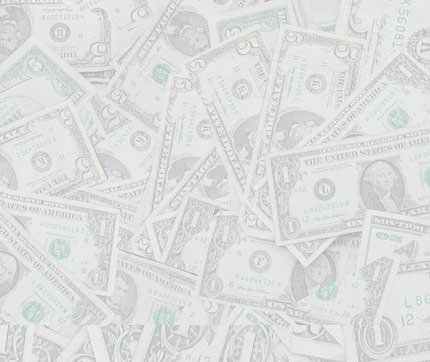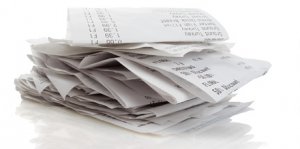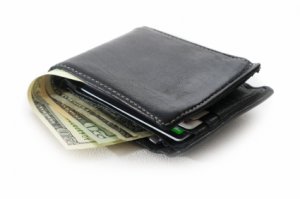College Budgeting
How to spend your money wisely! Satisfy your needs and wants.
Setting a budget is crucial for pursuing a college career. As a college student, living away from home for the first time, managing finances is a tricky job. Remember that amazing pair of running shoes on the display, the ones that were calling your name, the feeling that you just had to have them? How about when it’s the end of the month, the realization that you are in fact running low on cash for groceries. As if an education isn't already enough of a financial burden to worry about, now deciphering how to pay for it all comes into play as well. Here are some great tips to guide those interested in managing their spending and help feel less stressed about money!
Write it down.
Keep track of your spending for a month. Write it down, save receipts, log it into your phone. Whatever method you choose, review your purchases at the end of the month to see where your money is going. Be very specific by logging how you spent your money, for example; groceries, bills, entertainment, etc. Going out to eat is different than buying food at the store, because one is a luxury and the other is a necessity. While looking at this list, decide if you are comfortable with what you are spending. Do you need to cut back in some areas so that there is more money to spend elsewhere? Is the current lifestyle in which you're accustomed practical, or is there a need to prioritize? Often times we don’t realize what we are spending if it is part of our everyday routines. This is a great tool to helping you to create a realistic well-balanced budget.
Income and expenses.
Spending cannot exceed your income. Expenditures would be all your variable expenses, fixed expenses, emergencies, loans, credit cards, etc. Variable expenses change from time to time, they are the daily expenses depending upon consumption of products or services. Fixed expenses are things like utility bills, rent, and insurance. When looking at a budget it is typically easier to cut some of the variable expenses because they are unnecessary. The Caribou you grab every other morning on the way to eight o’ clock classes certainly does help, but it would be so much cheaper to fill up a travelers mug with coffee from home. Income is all the money accumulated or earned in one month. A credit card is not a form of income, it will actually work against you by charging interest, and in the end it will only cost more than it would have to just pay for thing immediately. Sometimes credit cards are needed, if used wisely it is an effective tool in financing. The goal in creating a budget is making the expenses equal to the monthly income, or even better, making them less so there is room for comfort or to expand savings.
Creating a budget.
We have elaborated all the expenses and what your income is, now it is essential to incorporate a budget. Categorizing a budget breaks expenses into smaller, more maintainable, groups to manage. First, the two main areas are fixed expenses and variable expenses. Smaller groups would include: charity, savings, housing, utilities, food, clothing, transportation, medical, insurance, personal, recreation, and debt. Incorporating debt into a monthly budget, such as future student loans, is preventative in order to keep from falling behind on payments and set you on the right track and become debt free. Calculate the spending you have logged for a month into these categories, which are listed on most basic budgeting templates. Start by allocating your budget with the fixed categories because they tend to not be flexible. Add in the variable expenses afterwards, since these are flexible, they will differ from month to month. To prevent overspending in any specific variable expense,, set a limit that will cover what you need. After incorporating all expenses into a budget the total amount must be subtracted from grossed income. Whether the number is positive or negative will determine the amount of alterations you need to establish a budget. If the number is positive, perhaps cut yourself some slack in some areas, and spend some money going out with your friends. A knowledgeable decision, would be taking that extra money and putting it in to savings or investments. The money is still there if you need it, with the added bonus of possibly making more money by leaving it there. If the number was negative, cut back in some areas or eliminate them from your budget completely. Being wise when spending, this will leave room to still get what you want and pay less. Coupons, discounts, and sales are always great ways to help save a little extra money. Do not forget leave some extra money to spend on entertainment! Fun is an essential and if you do not allow yourself to have any it is possible to hate budgeting because it keeps you from being happy.
Revisiting your budget.
Once a budget has been established, it does not mean the current budget will be indefinite. Revisiting your budget each month is a smart way to stay up to date with prices and expenses that may change or disappear over time. Debts may be paid off, gas prices may rise, and unexpected expenditures may occur. Revisit your budget and make changes as needed, and don’t forget to make sure that expenses are still less than your income.
 Underage Drinking
Underage Drinking
 Table of Contents
Table of Contents



 jldonner
jldonner